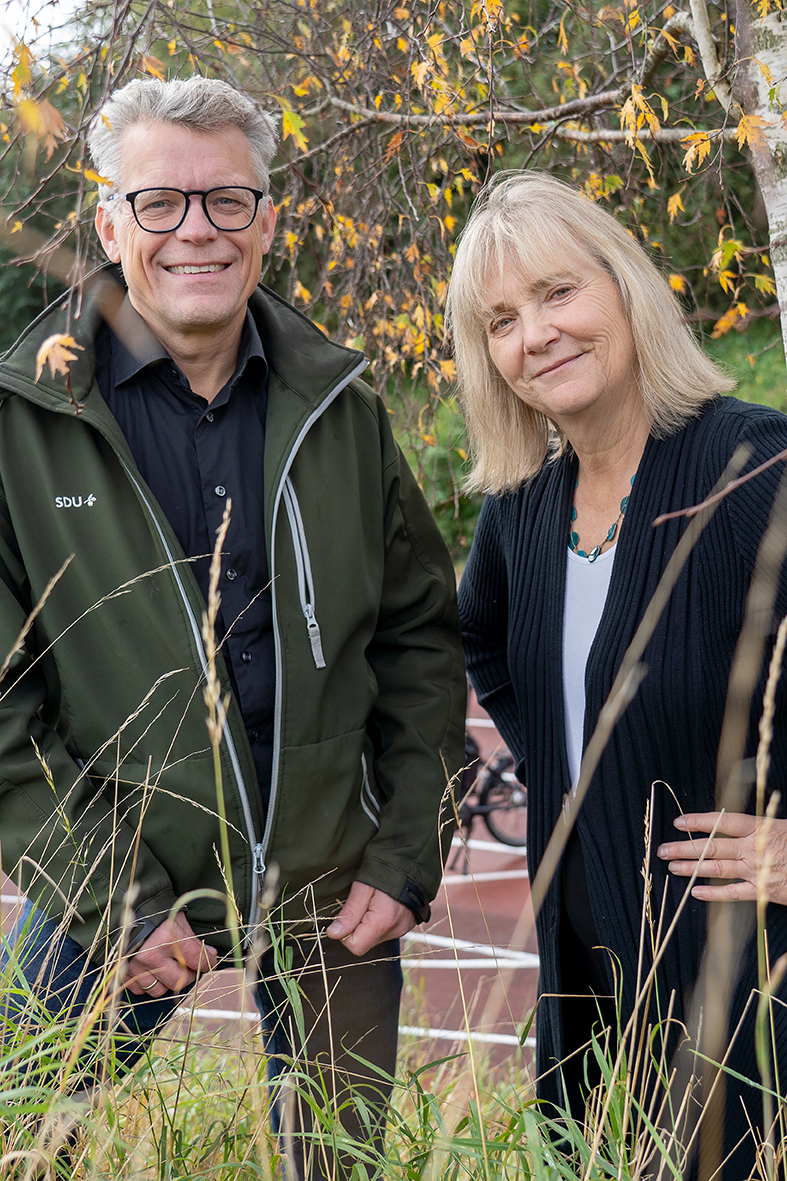University of Southern Denmark
Jens Troelsen & Kaya Roessler
Our research focuses on how physical environments – from urban environments and architecture to forests and parks – affect our mental and physical health. In a world where urbanisation is progressing and cities are growing, it’s crucial to understand how we can create healthier, more sustainable urban environments that benefit both mental and physical health.

In our work, we see clear evidence of nature’s positive impact on overall human health – from lowering blood pressure to increasing mental resilience. Short stays in nature, even in city parks or through exposure to plants at home, may influence people’s mental health.
The research results also confirm that well-designed urban spaces may help promote physical activity among citizens, which is essential for health promotion and disease prevention. With this knowledge, we can help and advise policy makers so that the cities of the future contribute to health and sustainability.
In many cases, we experience a win-win situation where the initiatives that contribute to improved health also contribute to sustainability. One example of this is integrating parks, plants and trees in cities. They help reduce CO2 and cool cities, and at the same time they serve as breathing spaces for both humans and animals.
”Green is not only good for our physical and mental health, it's also critical to creating cities that can contribute to sustainability.